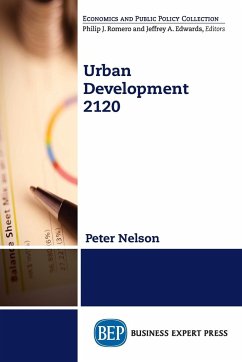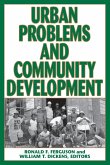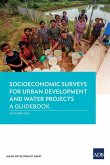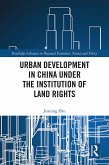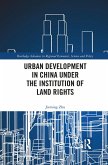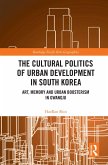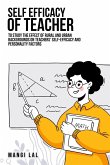The year 2120 may appear a long way into the future but will come quickly. The global population reached one billion in 1804, four billion in 1974, six billion in 1999, seven billion in 2012, and nine billion predicted for 2020. Given the speed of current development under the threat of changing climate, this book attempts to project ahead but with a particular focus. Housing and feeding so many people is about saving the planet while laying the foundations for a quality of life that is within what people in 2120 will want in their living conditions. One factor has not been considered, namely, how each new generation comes in at a different reference point. Previously, the ideal home might have had a house, a garden, perhaps a swimming pool or tennis court. Teenagers today don't care about these amenities as long as they have access to their electronic devices. Grandparents might resent living in one-room apartments, while young people could find this acceptable. The planning conundrum is to anticipate the expectations of future generations. This text looks at best theories of urban development, attempting to integrate future expectations in the hope of guiding governments to think outside the box.
Hinweis: Dieser Artikel kann nur an eine deutsche Lieferadresse ausgeliefert werden.
Hinweis: Dieser Artikel kann nur an eine deutsche Lieferadresse ausgeliefert werden.

